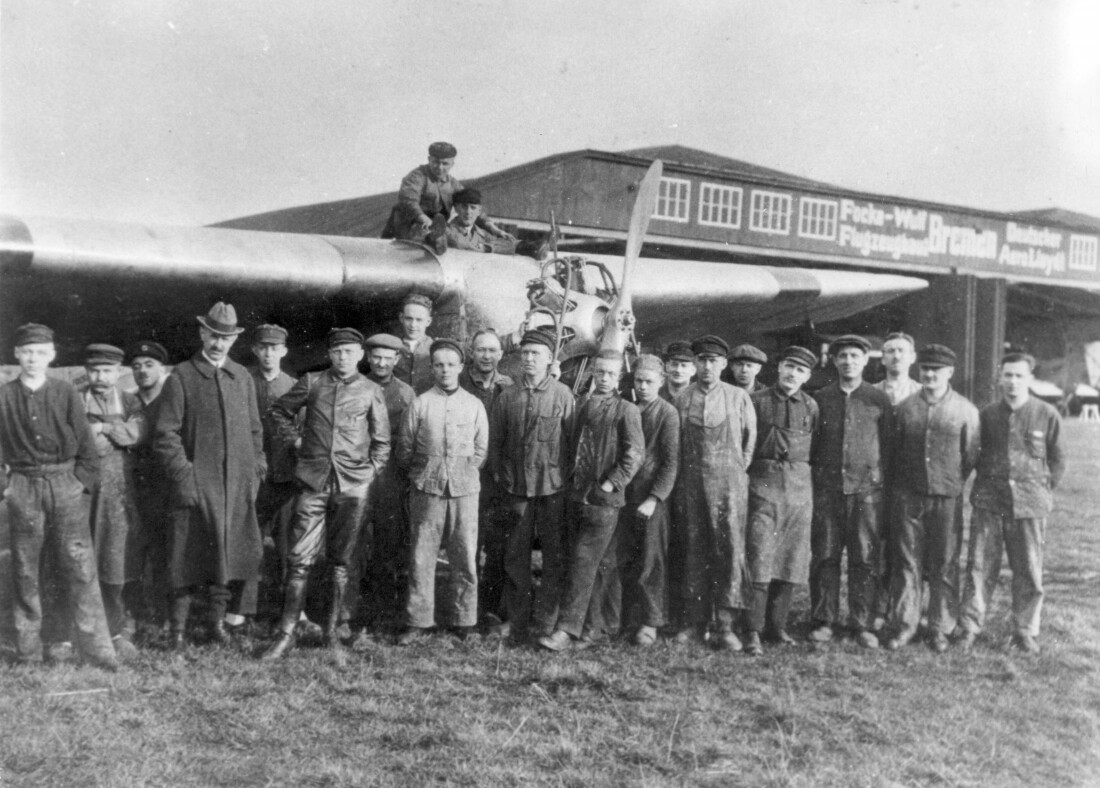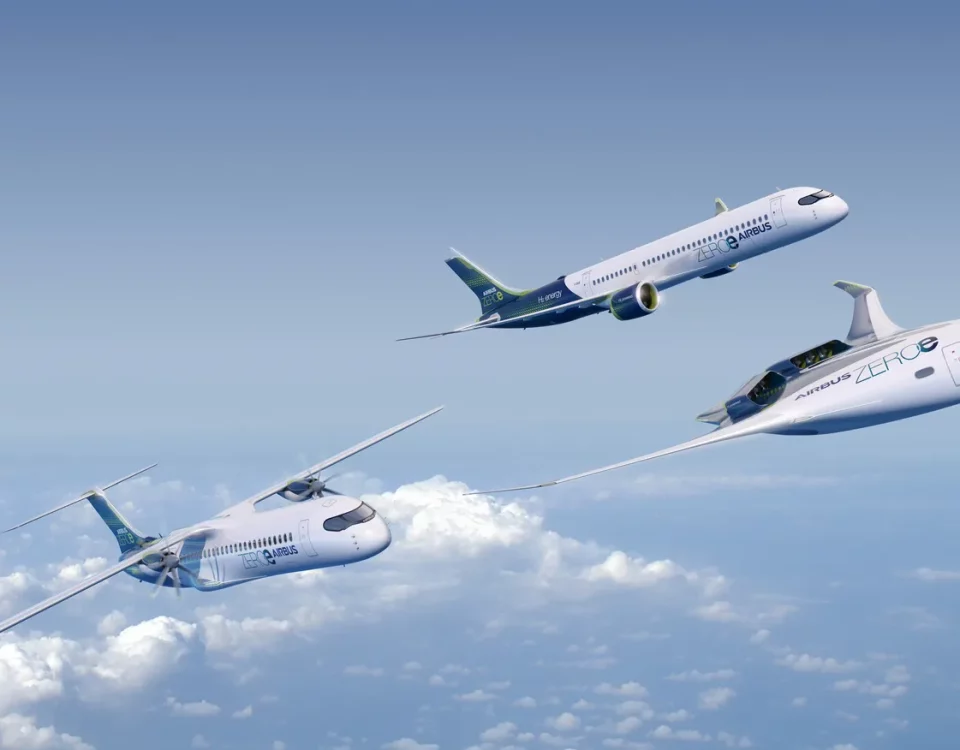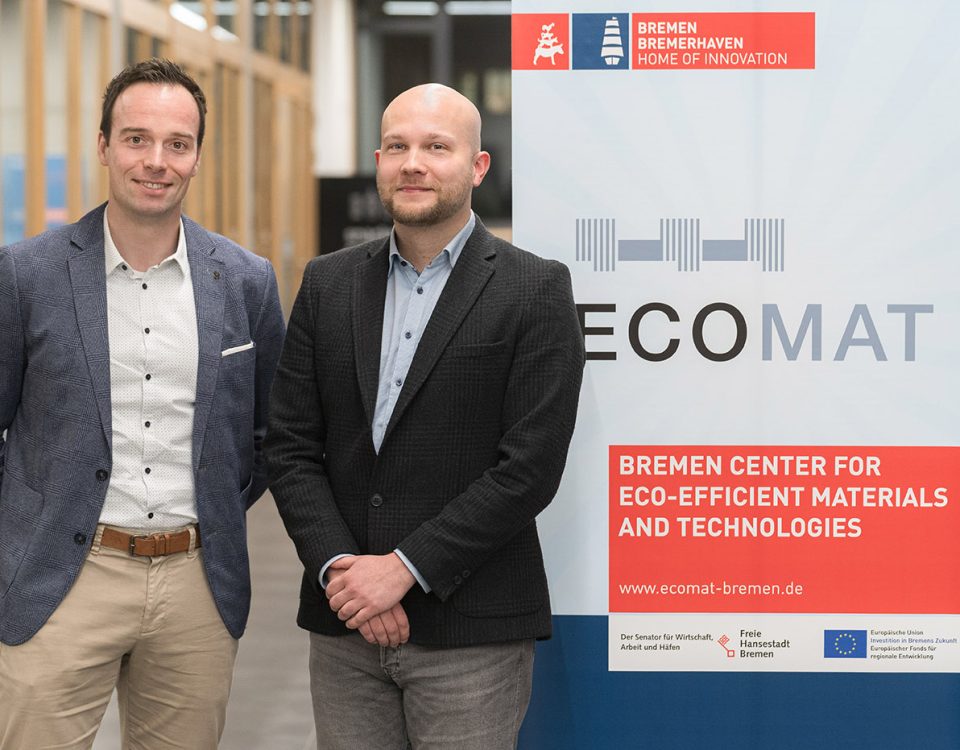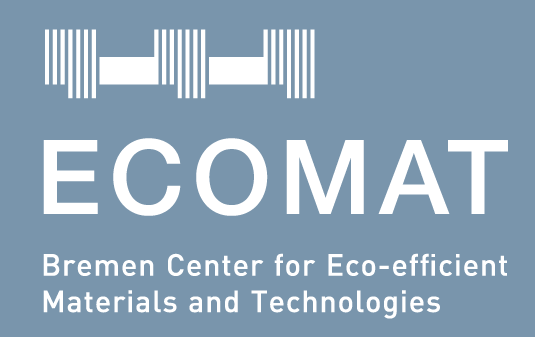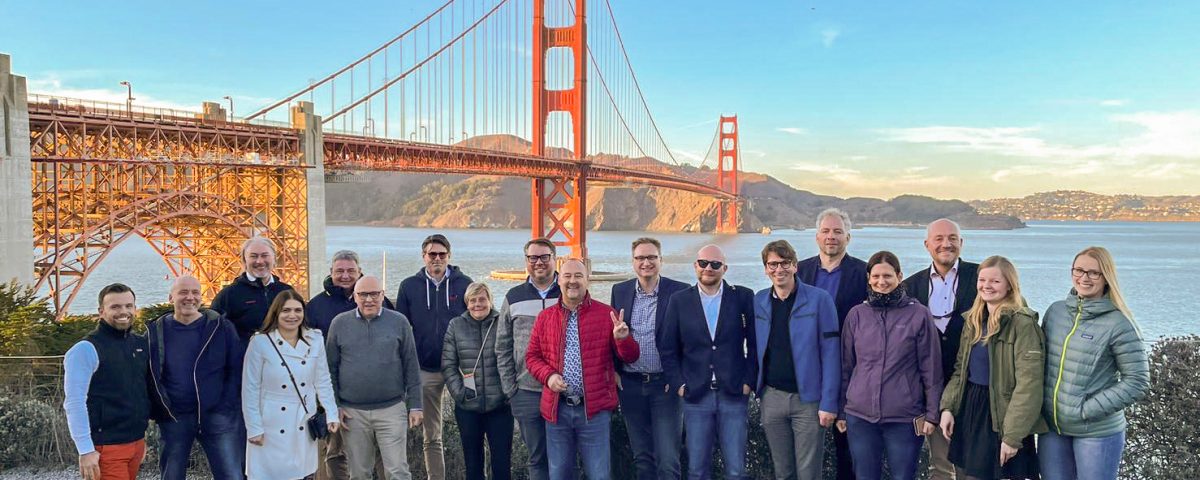
ECOMAT visits California for exchange on hydrogen

Companies, universities, research centers and venture capital firms were on the agenda of a Northern German delegation trip for five days, which took the participants to Los Angeles, Sacramento, the San Francisco Bay Area and Silicon Valley in November 2022.
The purpose of the trip was to establish new contacts, build long-term relationships between the participating companies and the companies and institutes visited, and to evaluate potential areas of cooperation in the field of hydrogen and beyond. For ECOMAT, Bremen's beacon of cutting-edge and eco-efficient aerospace technologies, the trip to California was an ideal opportunity to network, as hydrogen plays a key role at the research and technology center.
The delegation trip was organized by the Northern Germany Innovation Office (NGIO), a joint project of the German states of Schleswig-Holstein, Hamburg and Bremen providing companies and institutions from Northern Germany access to one of the world's most innovative ecosystems, Silicon Valley.
A number of companies and institutes from the north took part in the delegation visit. From ECOMAT, for example, Moritz Steinhardt, Project Manager Cluster Management ECOMAT at Bremeninvest, joined the trip. With new impressions and learnings from California, he intends to establish contacts and cooperations in the future.
About the journey
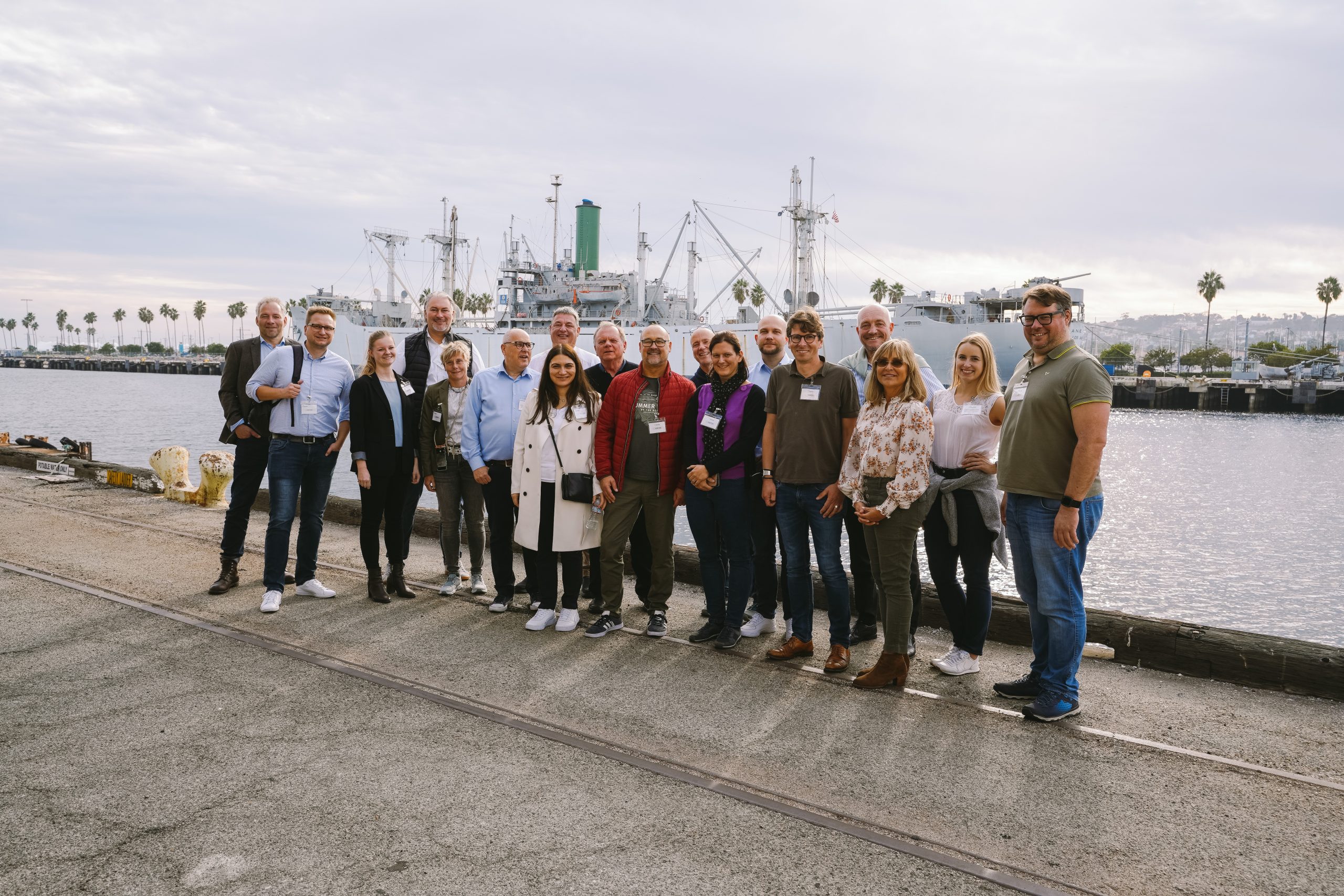
At the port of Los Angeles
Kick-off in Los Angeles
The kick-off took the 16 participants to the University of California Irvine, the utility company SoCalGas and the ocean institute AltaSea in the Port of Los Angeles. The National Fuel Cell Center at the University of California Irvine was dedicated in 1998 by the U.S. Department of Energy and the California Energy Commission and, among other things, it promotes strategic alliances, such as with SoCalGas, to address the market challenges associated with the installation and integration of fuel cell systems. AltaSea emphasized that only five percent of the ocean has been explored and that some of the 21st century’s biggest advances will come from deep sea exploration, deriving solutions to major challenges such as increasing pollution and global warming.
In Los Angeles, the program continued with a stop at fueling station operator First Element Fuel, Toyota's Fuel Cell Research Center and discussions on hydrogen infrastructure. California is a pioneer in hydrogen in the U.S., with 15,000 hydrogen vehicles already on the road.
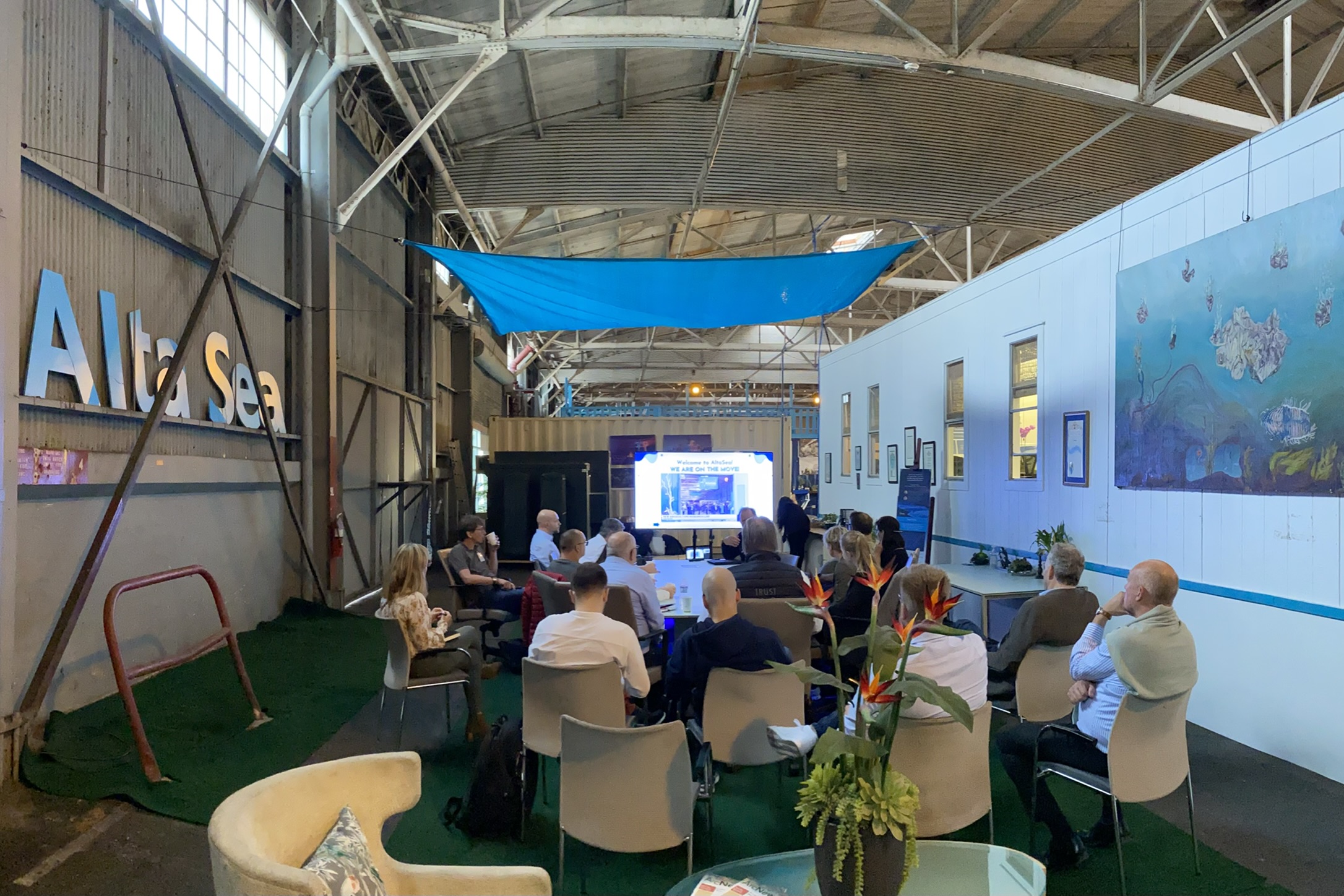
Visiting AltaSea
Off to the Bay Area
The third day then took the group to the San Francisco Bay Area with visits to AC Transit, Lawrence Berkeley National Laboratory (LBNL), and the Center for Transportation and the Environment (CTE). AC Transit is the largest public transit agency in the region. It intends to have a completely zero-emission fleet by 2040.
CTE experts say that to go “zero-emission”, it is necessary to lower the cost of climate-neutral hydrogen. That's where LBNL comes into play, as it works to research the technology and is part of the “Energy Earthshot”, a program aimed at accelerating breakthroughs for more abundant, affordable and reliable clean energy solutions within the next decade. For example, the program strives to reduce the cost of clean hydrogen by 80 percent to $1 per kilogram within a decade.
In Sacramento, the delegation met with the California Energy Commission, the California Air Resources Board, the California Hydrogen Business Council and the California Hydrogen Coalition to discuss the importance of going “zero-emission” for various industries and exchange ideas on ways to reduce the dependence on fossil fuels. The state of California is pursuing several goals to meet its climate goals, including putting 1.5 million zero-emission vehicles on California roads by 2025.
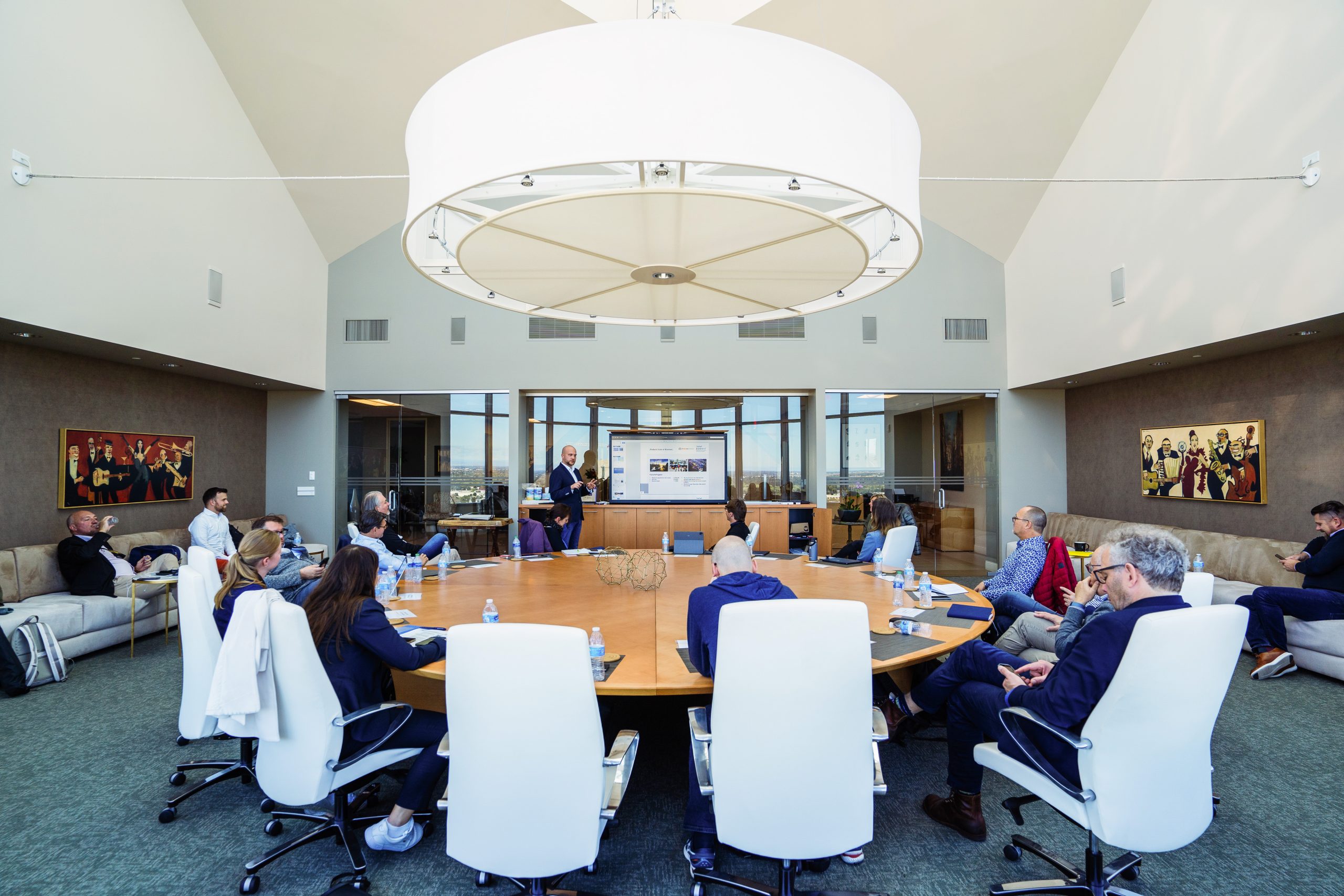
Moritz Steinhardt (Project Manager Cluster Management ECOMAT) presents Bremen’s “Center for Eco-Efficient Materials and Technologies” in Sacramento
At the heart of Silicon Valley
The fifth and final day concluded the trip with exciting discussions, including with SK Discovery and Inner Onion, in Palo Alto. Silicon Valley and its immensely high availability of venture capital are crucial for a worldwide growth of the "cleantech sector". When talking about Silicon Valley, Stanford University must also be mentioned, as it plays a key role in the innovative Silicon Valley ecosystem as a catalyst for successful and disruptive business ideas. At Stanford University, the German delegation gained insight into the unique dynamics of one of the world's leading research and teaching institutions and its activities in the field of hydrogen technology and the decarbonization of the economy. The successful finale of the trip took place with Oliver Schramm, Consul General San Francisco. Oliver Schramm informed the group about the economic and political context of the energy policy of the United States and the important role of German-American cooperation for sustainable innovations.
ECOMAT expands its network
The delegation's visit to the USA made it clear that California, as a pioneer in climate protection, relies on close, interdisciplinary cooperation between industry and science. To reduce the dependence on fossil fuels, the Golden State has already launched a wide range of activities and initiatives to develop a hydrogen economy. On this road, Northern Germany and California can learn a lot from one another. The trip to California expands ECOMAT's international innovation network and initial points of contact for further cooperation in the field of eco-efficient aerospace technologies and beyond, including cross-cluster cooperation, were identified in discussions on site.
[ Older News ]
